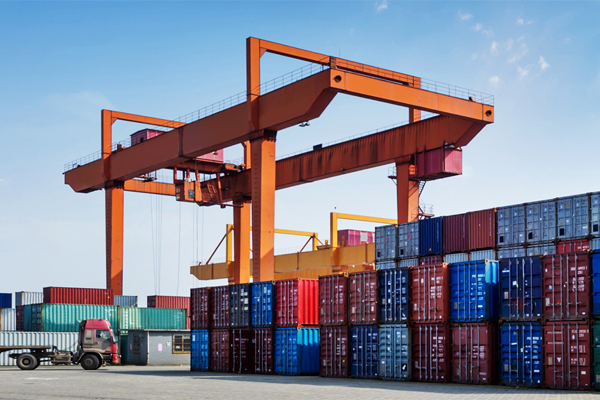



|
Tweet
Pin
It
|
The term 'Logistics' derived from the ancient Greek word 'λόγoς' ('logos'—meaning 'ratio, word, calculation, reason, speech, oration'), is considered to have originated for the military's need. Although quite an old concept, the term 'Logistics' started to be used widely in the business world since the early 1990s when globalization, coupled with liberalisation, triggered intense business competition and forced both private and public firms to commit themselves to meet the challenges of the market.
Logistics management also known as Supply Chain Management (SCM) is all the activities that take place to get a product in your hands – from the time of raw materials extraction to the minute you pay money or use your credit card to buy the final product. SCM focuses on planning and forecasting, purchasing, assembling the product, moving, storing and keeping track of a product as it flows toward you and other consumers. In other words, Logistics management is that part of the supply chain which plans, implements and controls the efficient, effective forward and reverse flow of goods & services, its storage and related information between the point of origin and the point of consumption in order to meet customer and legal requirements. Logistics is a channel of the supply chain which adds the value of time and place utility. In an increasingly globalized supply chain, it has become necessary for businesses to provide their customers 'the right item in the right quantity at the right time at the right place at the lowest cost'. Importantly, it also includes coordination and collaboration with channel partners, which can be suppliers, intermediaries, third party service providers, and customers.
A logistic manager is responsible for collaborating with the other officers of the company such as purchasing officers, transport and warehouse managers, to ensure that the goods produced by the company are received in the company's depot on time. A logistic manager is also responsible for making sure that the goods are stored in a proper and safe manner in addition to looking after their timely dispatch to outlets. In essence, supply chain management integrates supply and demand management within and across companies. A professional working in the field of logistics management is called a Logistician.
Find it Useful ? Help Others by Sharing Online
Comments and Discussions |
Related
Career Options
|
|||
|
|